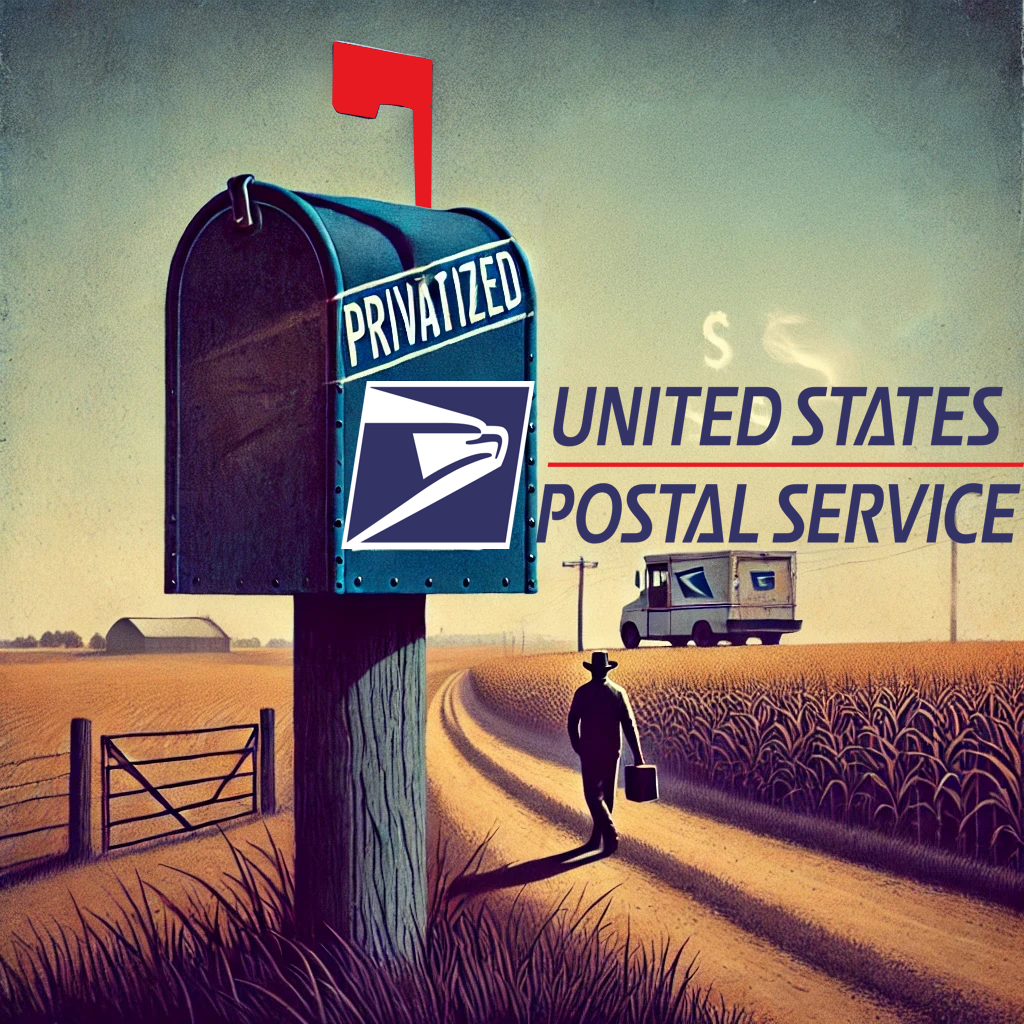Reports have surfaced that President-elect Donald Trump is considering privatizing the U.S. Postal Service. The move comes as the Postal Service faces mounting financial losses, including a $9.5 billion deficit in the most recent fiscal year. Privatization proponents argue it could resolve the agency’s economic challenges, but rural Americans are likely to suffer the most. The Postal Service’s universal service obligation ensures affordable delivery to every address in the country, but private companies like UPS and FedEx impose steep surcharges for rural deliveries. For many living in remote areas, these additional costs could make receiving packages unaffordable.
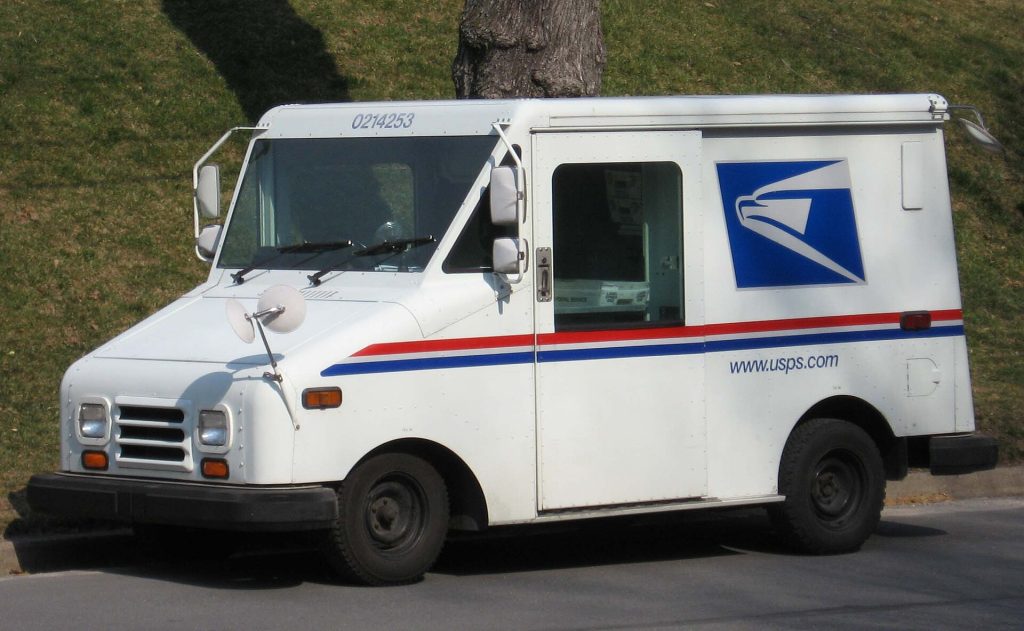
Rural Americans rely on the Postal Service not just for convenience but for essential services. Small businesses depend on its affordable rates to ship products to customers, while farmers use it to transport equipment and goods. Residents in these areas count on the Postal Service for deliveries of medications, election ballots, and other critical items. If privatized, these services could either disappear or become prohibitively expensive as private companies prioritize profitability over accessibility. This would leave rural communities—already underserved in many ways—even more isolated and disadvantaged.
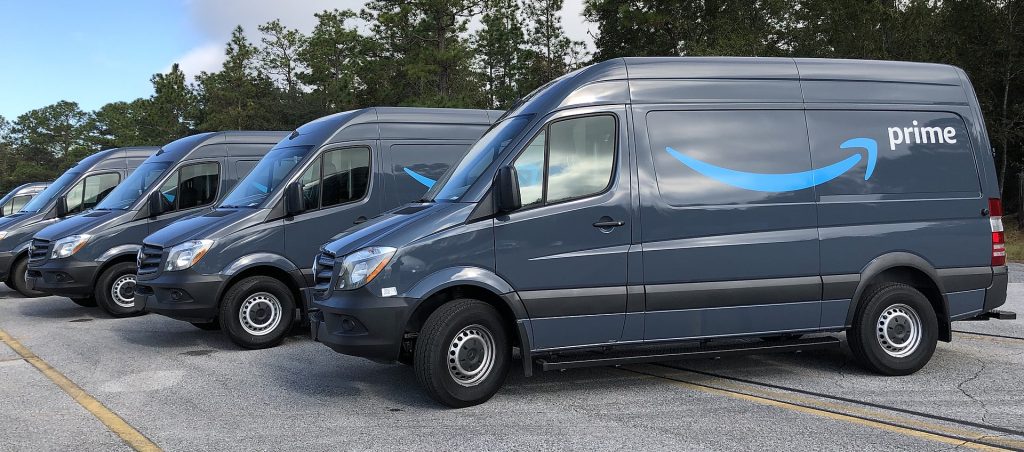
The impact of privatization would extend beyond individual households. Amazon, which heavily relies on USPS for “last-mile” delivery, would face significant disruptions. Private carriers either charge higher fees or avoid certain rural areas altogether, leaving USPS as the only reliable option for e-commerce in remote locations. Increased costs for companies like Amazon would likely be passed on to consumers, hitting rural and low-income Americans the hardest. The broader e-commerce ecosystem could face instability, hurting businesses and consumers nationwide.
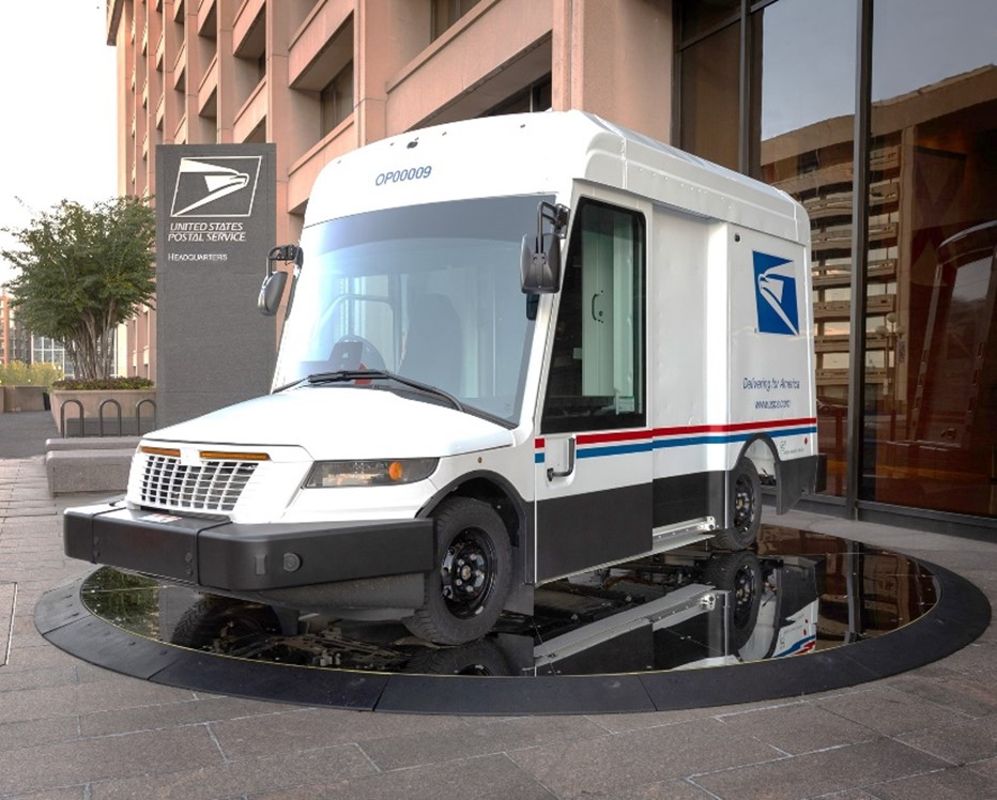
Privatizing USPS would also stall efforts to modernize and improve its operations. The incoming administration is reportedly considering canceling contracts for the electrification of the Postal Service’s delivery fleet. Electrification not only aligns with environmental goals but also represents a significant cost-saving measure in the long run. Abandoning these initiatives would lock the Postal Service into outdated practices, exacerbating its financial struggles and limiting its ability to provide efficient services.
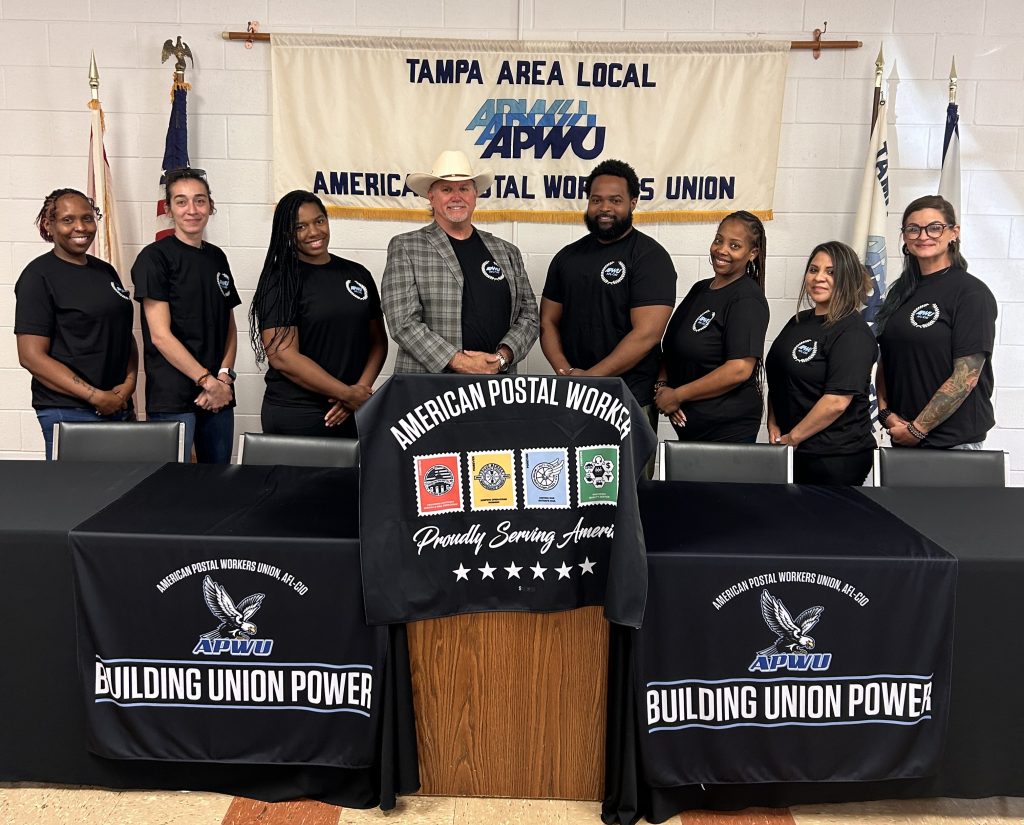
Rural Americans are not the only group that would be affected. Privatization would eliminate one of the largest sources of good, union-protected jobs in the country. USPS employs over 500,000 workers, many represented by strong unions like the American Postal Workers Union and the National Association of Letter Carriers. These jobs offer fair wages, healthcare benefits, and pensions, which are increasingly rare in today’s economy. Losing these positions would be a devastating blow to the middle class, particularly in rural and suburban areas.
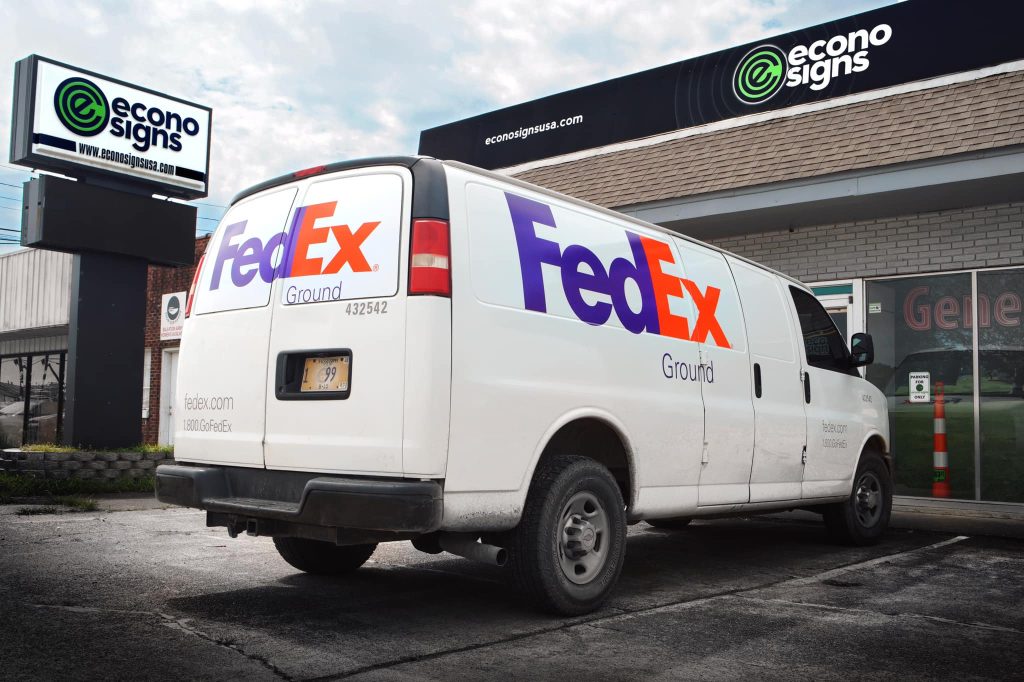
Private companies like FedEx and Amazon rely heavily on non-union labor, including contractors, who lack the protections and benefits enjoyed by USPS workers. Privatizing the Postal Service would likely lead to significant layoffs, wage reductions, and the erosion of workplace protections. This shift would not only harm postal workers but also weaken unions’ ability to advocate for fair working conditions, affecting workers in other industries as well. The consequences would ripple across communities, particularly those already struggling with limited job opportunities.

The economic impact of privatization would disproportionately harm rural areas where stable, well-paying jobs are scarce. Postal workers are often integral members of their communities, and their incomes help support local businesses and services. Eliminating these jobs would further destabilize areas that have long faced economic challenges, creating a cycle of hardship that would be difficult to reverse. For many families, the loss of these positions would mean losing access to middle-class stability.
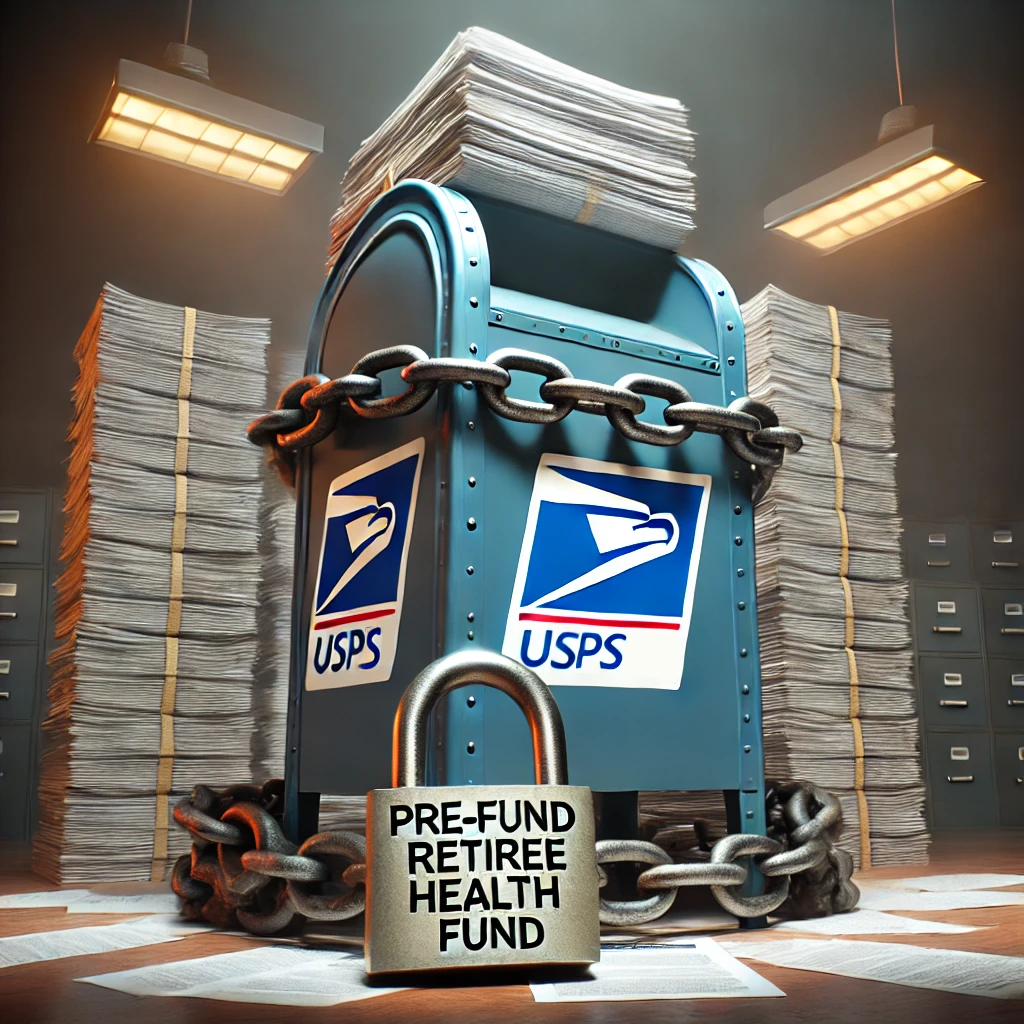
The financial challenges of USPS are often misunderstood. Much of the agency’s losses stem from a 2006 mandate requiring it to pre-fund retiree health benefits decades in advance, a burden unique to USPS. This accounting issue, rather than operational inefficiency, is a primary driver of its deficits. Privatization would not address this underlying problem but instead shift costs onto consumers and workers, further straining rural communities and the middle class. The price hikes required to cover these costs would be bore almost entirely by rural areas.
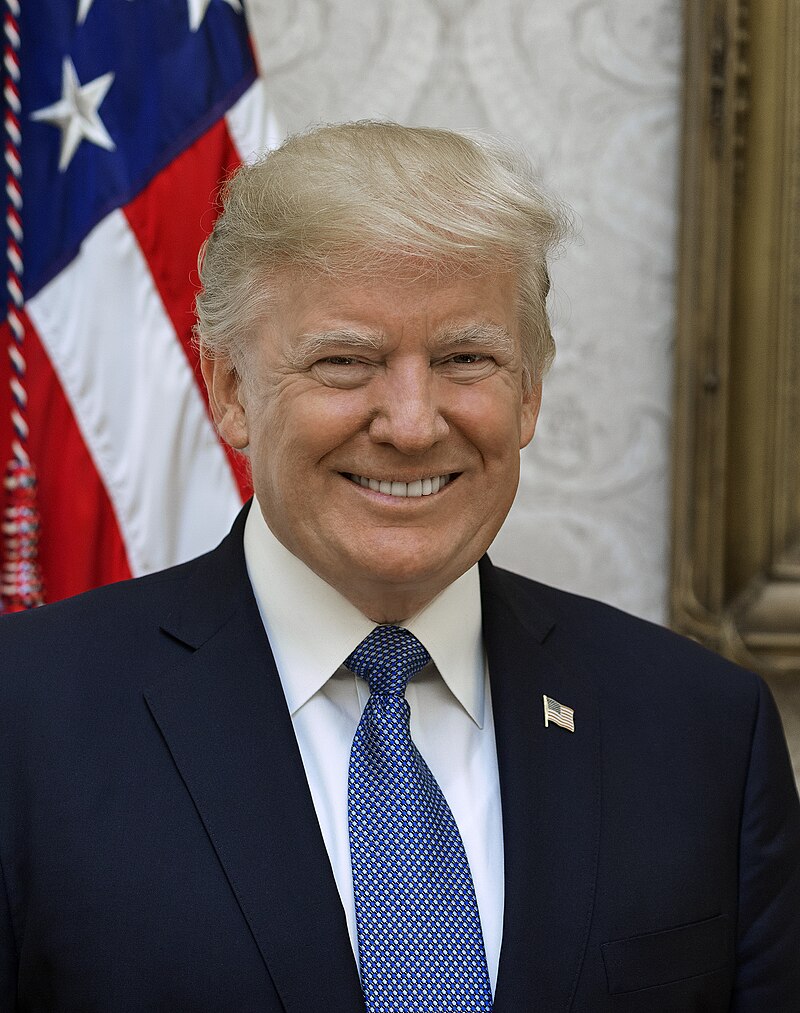
For a president-elect who often claims to champion the interests of blue-collar Americans, this move seems contradictory. Many postal employees live and work in the rural and suburban areas that form the core of Trump’s political base. Privatization would alienate these workers and their families, undermining the trust and support they have offered. It would also exacerbate the divide between rural and urban America, leaving some of the most vulnerable populations to shoulder the burden.

Privatizing the Postal Service would fundamentally change an institution that has served Americans for generations. The consequences would extend far beyond its financial bottom line, harming rural users, small businesses, and union workers across the country. Rather than dismantling USPS, policymakers should address the legislative barriers that have created its financial difficulties while preserving its mission to serve all Americans equally. Rural communities and working families cannot afford to lose the services and stability that only the Postal Service can provide.

